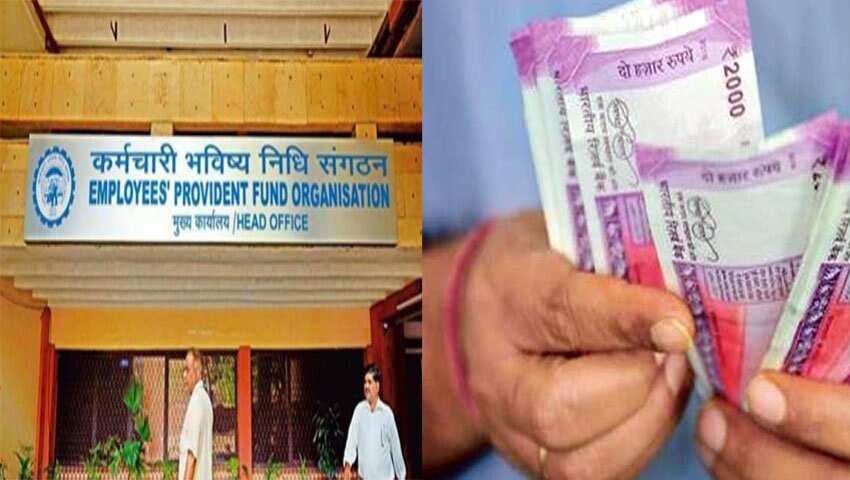
There is important news for Provident Fund i.e. PF subscribers. Employees’ Provident Fund Organization (EPFO) has warned its subscribers about the danger of online fraud.
There is important news for Provident Fund i.e. PF subscribers. Employees’ Provident Fund Organization (EPFO) has warned its subscribers about the danger of online fraud. EPFO has also shared tips to protect provident fund account from scams. He told the subscribers on Twitter to beware of fake calls or messages.
What did EPFO say to the subscribers?
In a post on Twitter, EPFO has warned its members not to share any sensitive information like UAN, password, PAN or Aadhaar with anyone. It said that EPFO subscribers should not share these details with any person over the phone or on social media, even if the other party claims to be the representative of EPFO.
EPFO said that never share UN, password, PAN, Aadhaar, bank account details, OTP or any other personal or financial details with anyone. He further added that he never asks his subscribers to share personal details like Aadhaar card number, PAN, UN, bank account or OTP over phone or social media. He said that EPFO or its staff never asks for these details on message, call, email, WhatsApp or social media.
The Employees’ Provident Fund Organization (EPFO) has recently cleared the way for some pensioners to get more, following an order given by the Supreme Court in November. However, pensioners who have retired till August 31, 2014 will not get the benefit, while those who joined the EPS scheme on or after September 1, 2014 will have the option of getting higher pension. For this also, EPFO has issued rules related to eligibility and procedure.
According to the recent guidelines of EPFO, employees will now get a chance to deposit an amount equal to 8.33 percent of their actual salary in EPS. Its maximum limit will be Rs 15,000 per month. EPFO opens a new window. This is for such employees who, while being a member of EPS at the time of their employment, have contributed towards pension on more than the salary limit of Rs.5000 or Rs.6500.